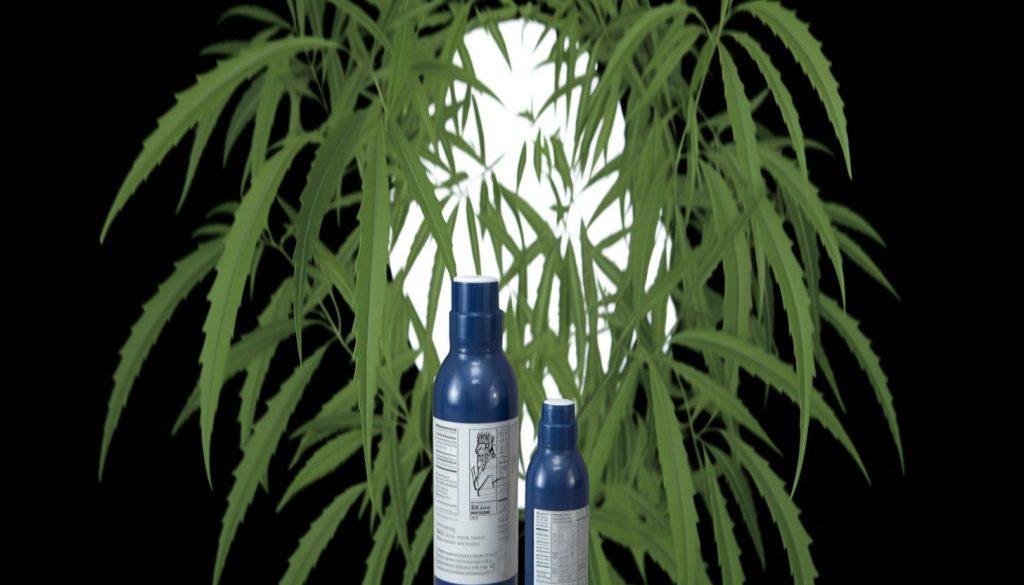Consumers of cannabidiol (CBD) are often faced with a recurring and worrying question: can CBD create an addiction similar to that caused by cannabis? Today we bring you a detailed article on this topic to clear all your doubts.
Sommaire
ToggleUnderstanding how CBD and THC work
To fully explore this question, it is first necessary to recall the fundamental differences between CBD and THC. These two compounds are found in the plant of Cannabis sativa L., but they have completely different properties:
- THC (delta-9-tetrahydrocannabinol) is the main psychoactive agent responsible for the psychotropic effects associated with cannabis use. It therefore causes a “high” or a state of euphoria felt when consuming marijuana. Its use is largely illegal in France and subject to strict restrictions in some countries.
- CBD (cannabidiol) meanwhile, has no psychoactive effect and does not provide this state of euphoria. Its use is legal and its field of application extends to several therapeutic areas, such as anxiety, insomnia, chronic pain, and even epilepsy.
What about CBD addiction?
According to available studies and the World Health Organization (WHO), CBD does not have addictive properties or significant side effects. Unlike THC, which can lead to psychological addiction and the development of tolerance in certain predisposed individuals, CBD does not appear to create dependence.
However, it is essential to keep in mind that each organism reacts differently to ingested compounds. As a result, some people may be more sensitive to the effects of CBD and develop a compulsive need to consume it. It would then be more of a behavioral problem rather than a real physiological addiction.
No risk of “withdrawal syndrome” with CBD
When discussing the issue of addiction, it is also crucial to talk about “withdrawal syndrome” often felt when suddenly stopping an addictive substance. In the case of cannabis, this can be, for example, irritability, anxiety or even difficulty sleeping.
Regarding CBD, research has shown that it would not cause any withdrawal syndrome. CBD consumers can therefore choose to stop taking it without fear of experiencing unpleasant or bothersome symptoms. However, it is recommended to inform your treating physician in the event of a change in medical care.
The absence of combustion: a factor reducing the risk of dependence
It is good to note that the means of consumption of CBD also plays an important role in potential dependence on this compound. Indeed, when we talk about cannabis, a large part of addiction can be linked to the very act of smoking and the rituals that can be associated with it.
As CBD is generally not consumed in the form of a joint, but rather in the form of oils, capsules or even crystals, the risks of a possible addiction linked to combustion are almost non-existent. This non-psychotropic mode of consumption thus contributes to considerably reducing any possible dependence.
Be careful with products containing THC
Even though we have established that CBD itself is not addictive, it is worth remembering that we must be vigilant about products containing traces of THC. Some countries authorize the marketing of CBD products that do not exceed a certain THC threshold (less than 0.2% in France). In these cases, the risk of addiction remains low, but it is imperative to use these products with full knowledge of the facts and respect the recommended dosages.
In short, scientific studies and expert opinion agree that CBD is not addictive and that it does not cause dependence or withdrawal syndrome. However, as with any ingested substance, it is recommended to use CBD with caution and discernment, by informing your doctor of its consumption, and by opting for certified and controlled products.
This absence of addiction to CBD constitutes a real advantage for people wishing to benefit from its therapeutic effects without fearing the same risks of dependence as those associated with cannabis containing THC.



